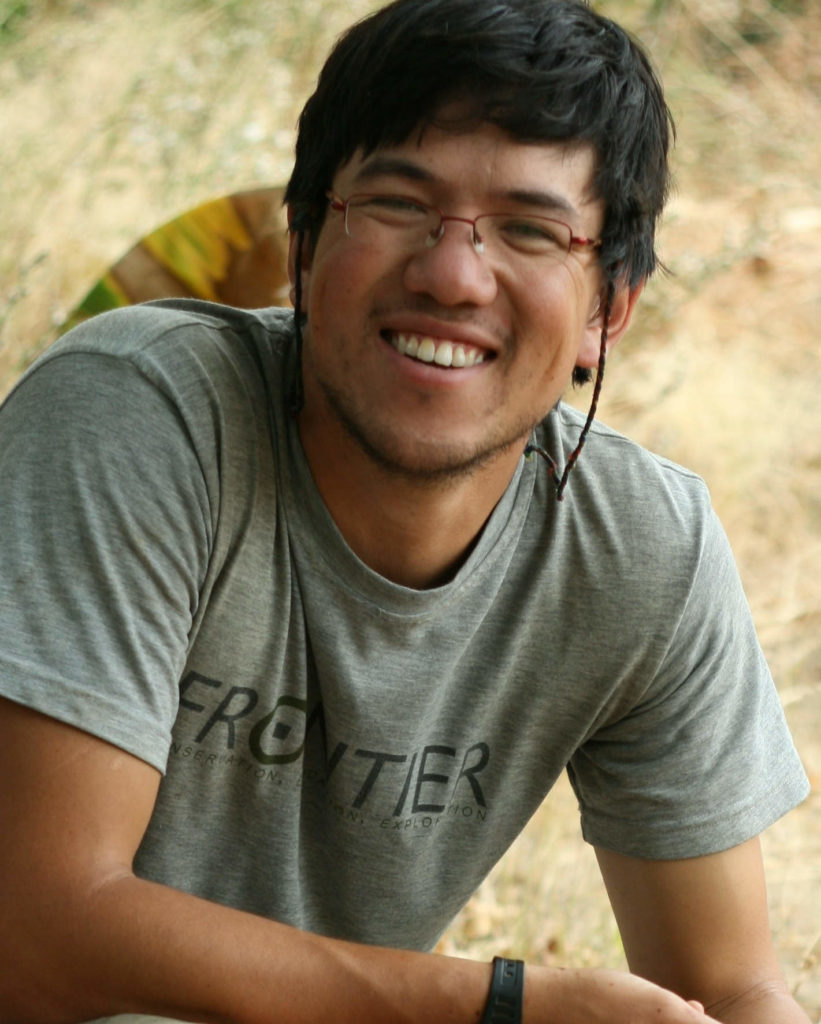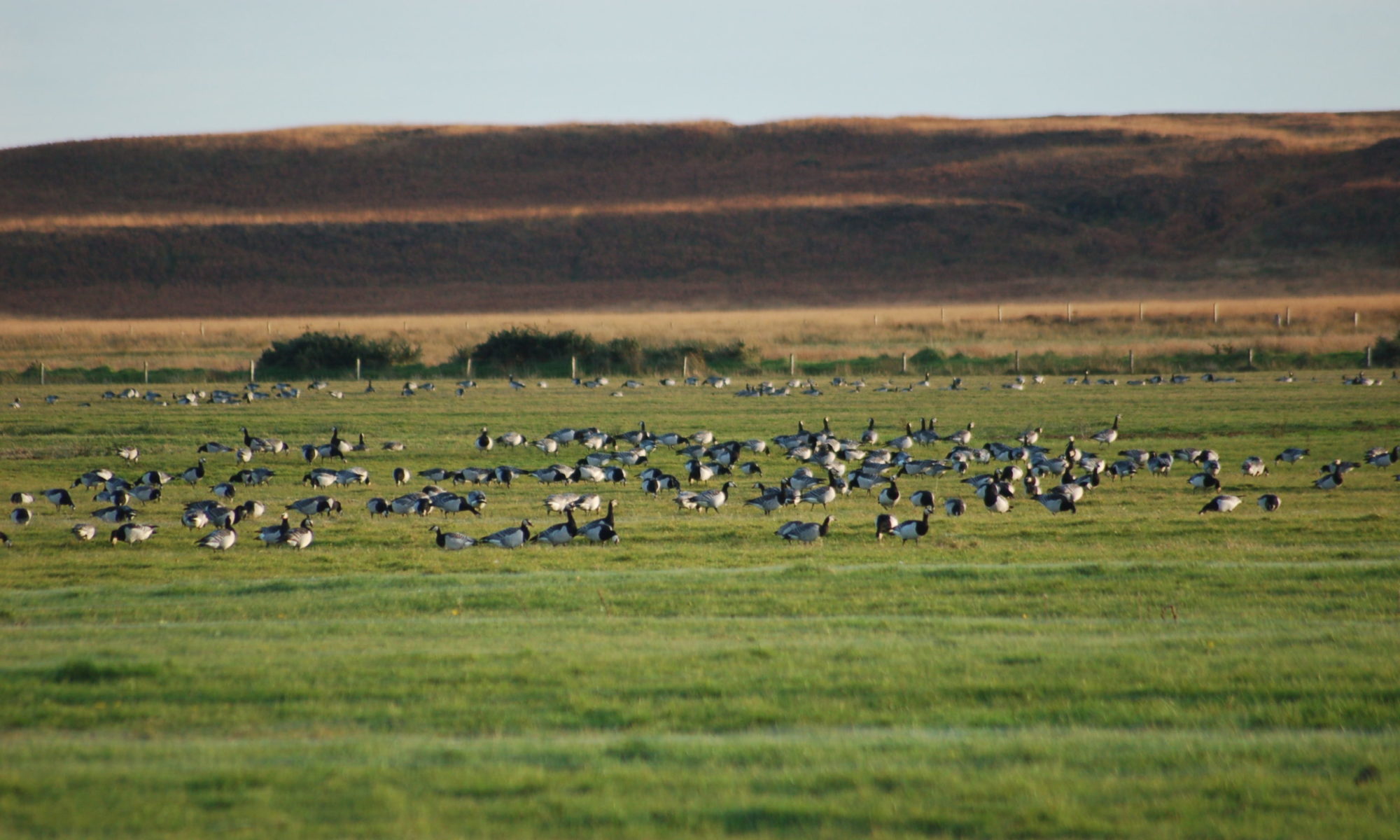
I am an interdisciplinary conservation scientist with broad interests in how social and ecological systems interact.
Conservation efforts around the world involve numerous stakeholders with an array of different aims and often complex histories of conflict. These competing interests and ways of viewing and relating to the natural environment can cause severe conflicts over how the natural world is managed. I am particularly interested in situations where the interests of external conservation actors compete with those of local communities and how we can equitably align these different stakeholder’s interests.
Having completed a PhD investigating the conservation conflicts surrounding large carnivores in the Ruaha landscape (Tanzania) I am now working on the ERC-funded ConHuB project which aims to improve our understanding of what motivates people to break rules – which are often imposed on local communities by external actors. While poverty is widely assumed to be a major driver of rule breaking behaviour, we will also be investigating the role of other variables drawn from a range of disciplines, including criminology and, social and cognitive psychology.
For further information, please see my Bangor University page
Selected publications
Dorward, L., Mittermeier, J., Sandbrook, C. & Spooner, F. (2017). Pokémon Go: Benefits, Costs, and
Lessons for the Conservation Movement. Conservation Letters. 10, 160-165.
Dudley, J.P., Hang’Omb, B. M., Leendertz, F. H., Dorward, L., Castro, J., Subalusky, A. L. & Clauss, M. (2016). Carnivory in the common hippopotamus Hippopotamus amphibius: implications for the ecology and epidemiology of anthrax in African landscapes. Mammal Review. 46, 191-203.
Dorward, L. (2015). New record of cannibalism in the common hippo, Hippopotamus amphibius (Linnaeus, 1758). African Journal of Ecology. 53, 385-387.
Rayan, D.M., Mohamad, S. W., Dorward, L., Aziz, S. A., Clements, R. B., Wong, C., Traeholt, C. & Magintan, D. (2012). Estimating the population density of the Asian tapir (Tapirus indicus) in
a selectively logged forest in Peninsular Malaysia. Integrative Zoology. 7, 373-380.
Dorward, L. (2012). Where are the best opportunities for reducing greenhouse gas emissions in the food system (including the food chain)? A comment. Food Policy. 37, 463-466.

Leejiah Dorward
L.Dorward [at] bangor.ac.uk
